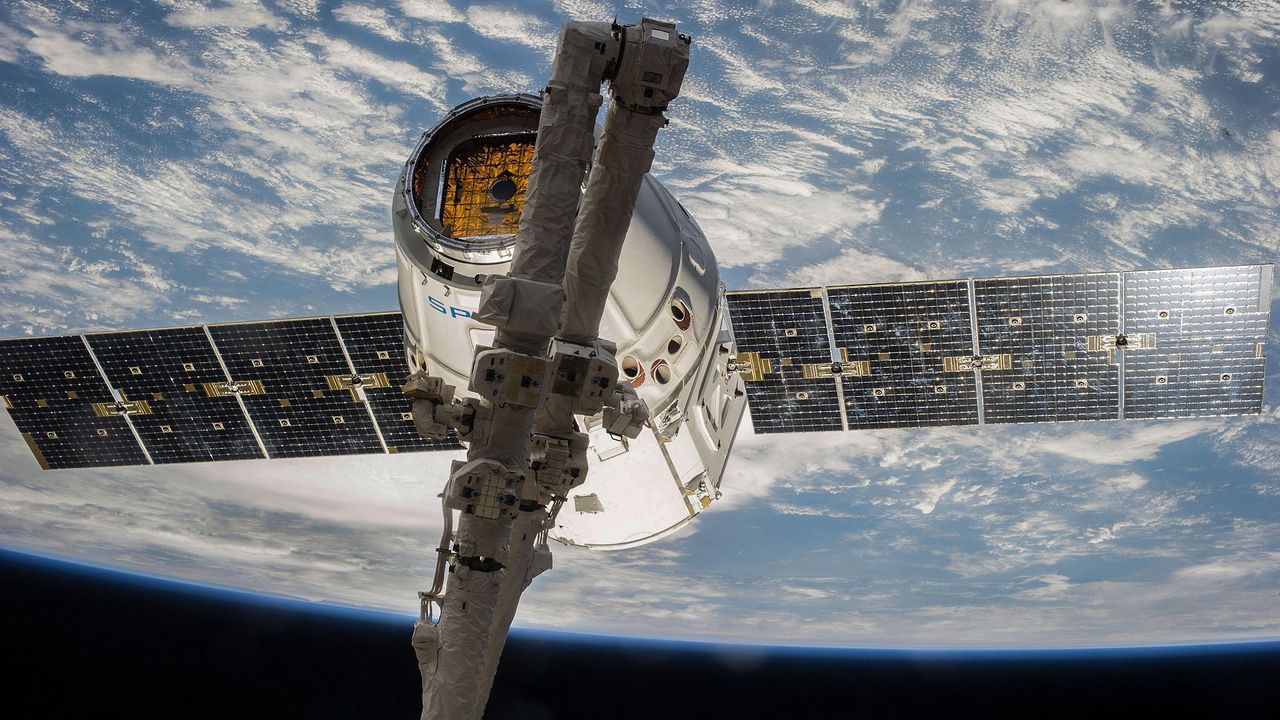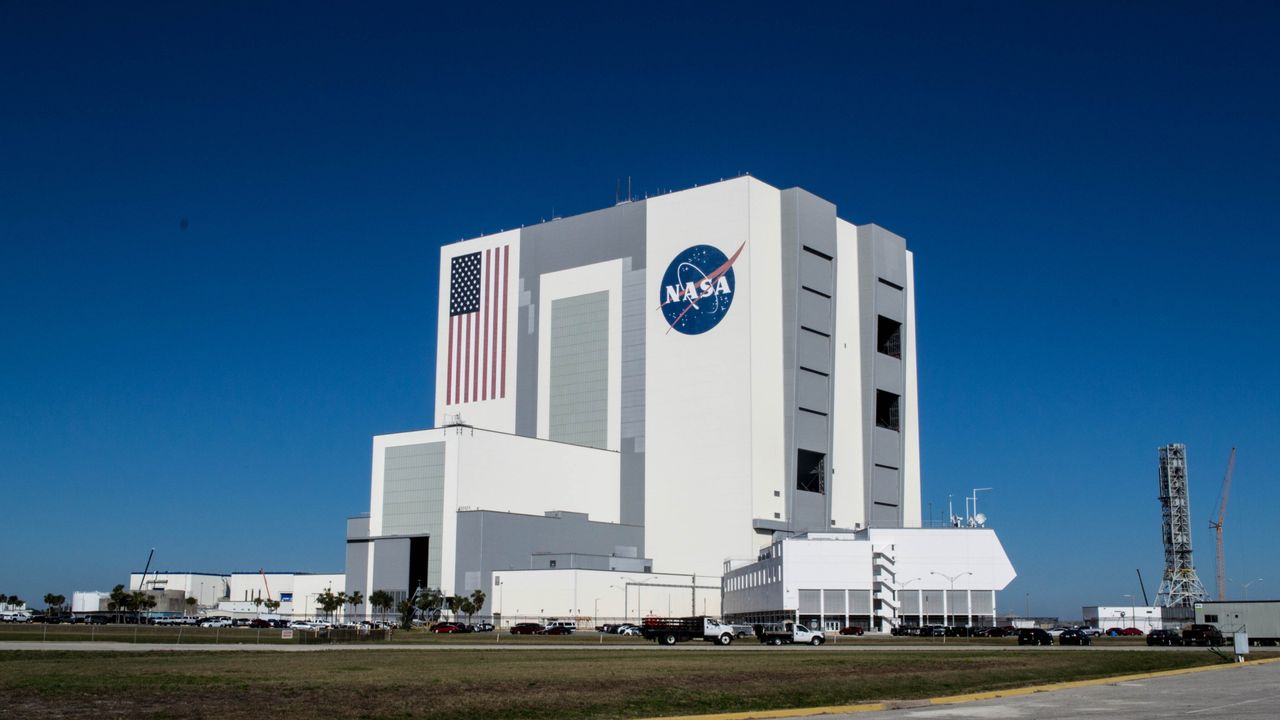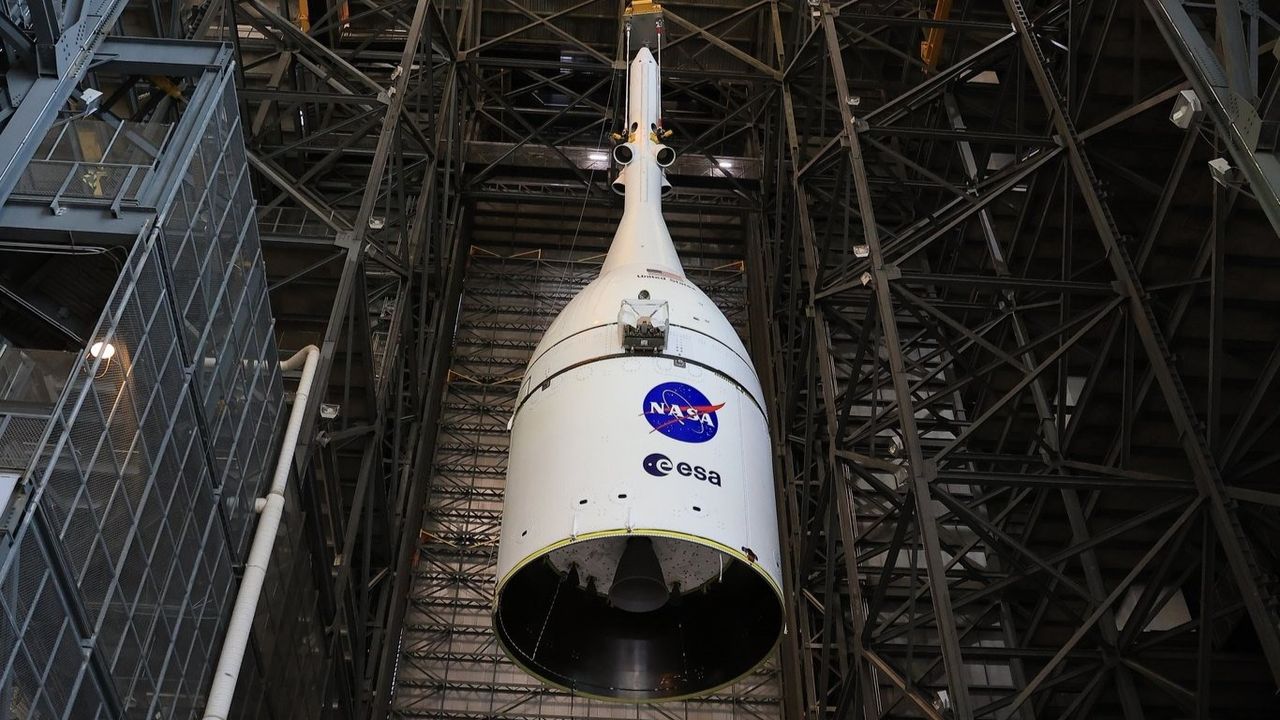This company's plan to launch 4,000 massive space mirrors has scientists alarmed: 'From an astronomical perspective, that's pretty catastrophic'
NegativeScience

Reflect Orbital's ambitious plan to launch 4,000 massive space mirrors has raised significant concerns among scientists. The company has applied for a Federal Communications Commission license to send the first mirror into space next year. Experts warn that this could have catastrophic effects on our astronomical observations and the environment. As we venture further into space exploration, it's crucial to consider the potential consequences of such large-scale projects.
— Curated by the World Pulse Now AI Editorial System





